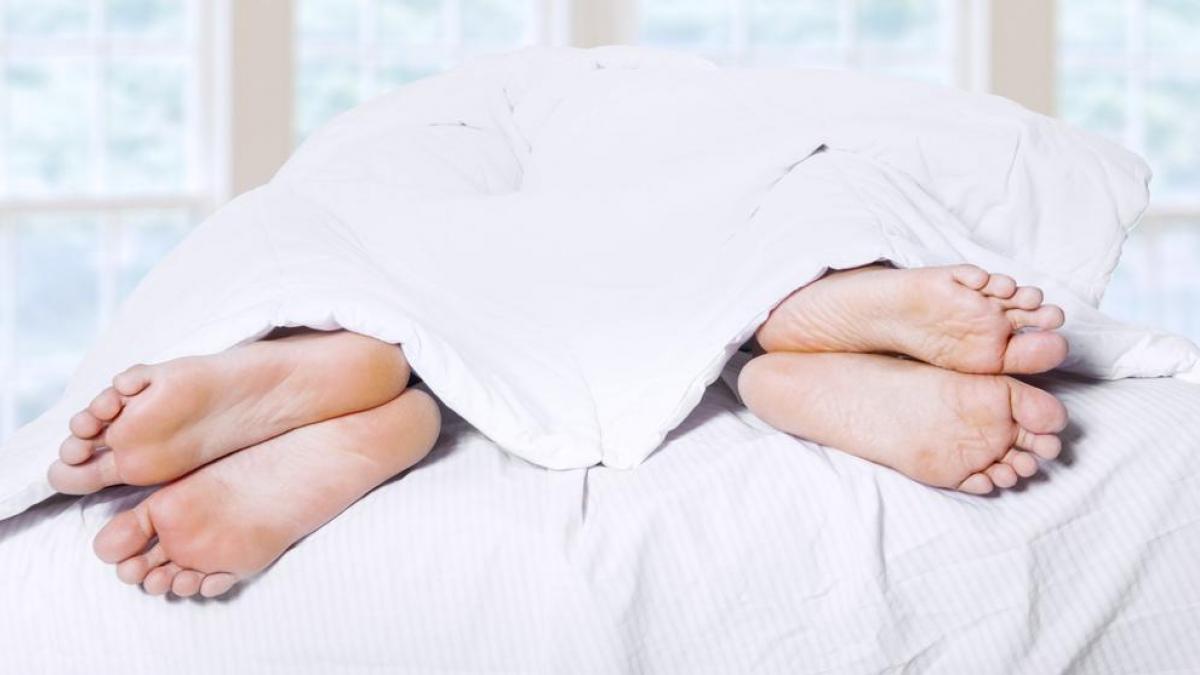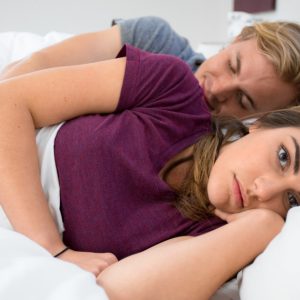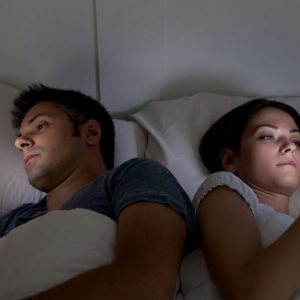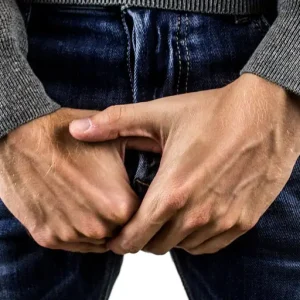Desire changes for many circumstances or periods, and it’s perfectly normal, it’s nothing to worry about. Men and women feel in different ways and, obviously, the body responds according to age, physical condition, etc. Each person has a different base level of desire, which is known as Basal Desire.
Let’s say that desire works like the charge of a cell phone battery; some people have a base of 100% and therefore need to have sex more often, while others have a 30% charge and are satisfied with less sex. The point is that there are many factors that interfere with desire such as:
- Stress: both physical and mental, is one of the most common causes of decreased desire. When the body experiences fatigue, it tends to release cortisol, a hormone that negatively affects libido.
- Hormones: libido is altered when hormones are imbalanced, as it occurs with low testosterone levels, pregnancy, menstrual cycle, menopause and birth control pills, among others, which cause a reduction in desire.
- Self-esteem: not feeling good about your appearance or having low self-esteem also affects sexual desire in both men and women, because you don’t feel uninhibited when having sex.
- Conflicts: a couple that leads a cat-and-dog life and doesn’t communicate will, of course, end up hurting their sex life and desire will not only go down, but will disappear.
- Health: some diseases such as hypertension, diabetes, heart disease, thyroid, among other conditions and some medications also affect sexual desire.
- Excessive consumption of alcohol and hallucinogenic substances.
- Routine is the aunt of boredom and cousin of lack of novelty, a dangerous trio that affects the libido day by day.
A study published in the International Journal of Impotence Research analyzed how emotional intimacy affects a group of both sexes with sexual satisfaction (SS) and sexual arousal problems (SAP).
The researchers asked 193 people (97 men and 96 women) about these two issues and found that those who were more satisfied with their intimacy were also more satisfied with their physical characteristics. Meanwhile, those who were dissatisfied with their appearance had higher levels of cognitive distraction from the physical appearance of others.
Worldwide, sexual dysfunction affects more than half of people with schizophrenia, according to 72 studies conducted in 33 nations through June 2022.
The global analysis found that there is a prevalence of sexual dysfunction of 56.4% in both women and men. Men presented erectile dysfunction in 41% and loss of libido in 44%. Women reported orgasm dysfunction in 28%, according to a study published in the psychiatry website JAMA.
The research showed that those patients with a longer duration of the illness experienced less frequent erectile disorders and found a link between treatment with antidepressants and mood stabilizers and lower rates of erectile and ejaculation disorders.
When a person understands why desire has decreased, it’s important to seek help from a mental health professional or sexologist. In this way, chronic diseases could be excluded as the cause of the problems.
It was concluded that, by involving psychological and social variants, it’s possible to receive therapies with the aim of decreasing tension between partners and resolving negative emotions.
Psychologist and sexologist Lucía Báez, from the Centro Argentino de Urología in Buenos Aires, mentions that one of the best ways to treat the loss of sexual desire is to foster a good, safe and free environment.
“It’s about being authentic and being yourself. Comfort, hygiene and humor are the ideal components to enliven a pleasurable encounter, even tasting food or wine are positive stimuli to concretize the sexual predisposition,” concludes Baez.
Desire varies with time and that’s why it’s important to know the origin and find a solution to any problem, so you aren’t left wanting to enjoy your sexuality #sinrecato.
Traducción del español: Catalina Oviedo Brugés













No Comments